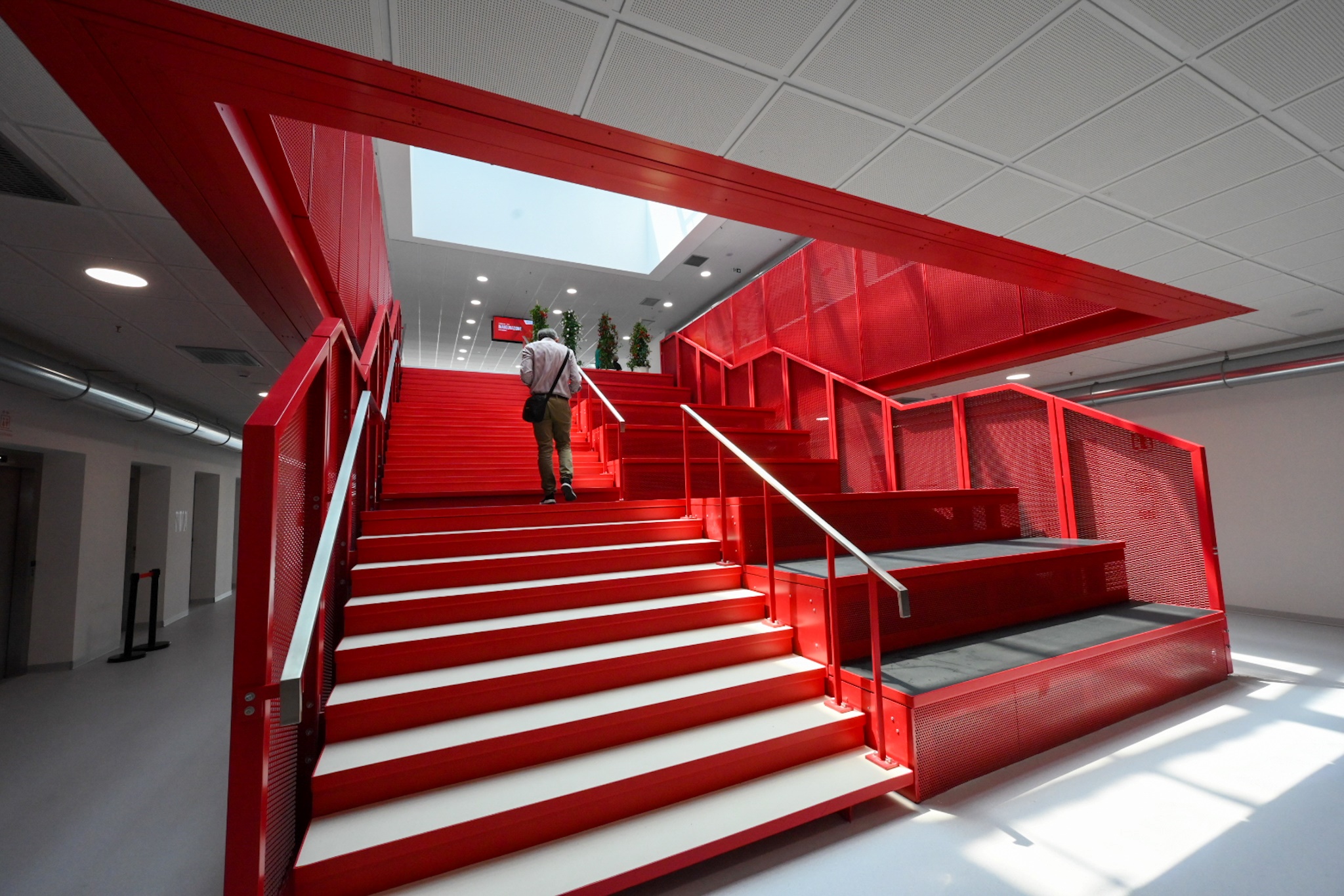Dematerialization and digitalization
In line with the objectives of reducing consumption, simplifying management and promoting sustainable practices, the University of Padua began a path in 2017 of dematerialization administrative practices by:
- simplifying procedures for drafting and storing administrative documents digitally
- processing requests for vacations, illness, permits and missions digitally;
- implementing a telematic voting system for student elections and the election of the Rector.
The introduction of these measures has brought annual savings of almost 15 tons of paper, equal to 18 tons of CO2.
Print Management
Launching the Print Management Project, channelling all printing processes through the use of multifunctional machines shared on the network, enabled to perform various functions (printing, scanning, sending via email, etc.), with the aim of:
- reduce personal printing equipment
- using cost affecting digital print solutions
- monitor and manage all printed materials
- improve the security and healthiness of working environments, placing printers in dedicated rooms.
Thanks to the elimination or modification of the print command, the Print Management Project implements multifunction printers has allowed an annual reduction in paper use of 200 tons and the emission of CO2 into the atmosphere of 25 tons.
E-procurement: the dematerialization of purchases
Intending to make purchases more sustainable, efficient and transparent, the University has created a process to manage tenders and practices for any amount through digital platforms. In 2020, UBUY replaced the previous telematics systems and deactivated the Procurement Portal and the Electronic Marketplace (MeUnipd). The new UBUY platform will allow the implementation of a new module, called the Procurement Process, which uses digitized purchase requests and digital tender dossiers.
Dematerialization of administrative processes
The University’s numerous administrative processes have been rethought, dematerializing their flows with a view to simplification and optimization.
An example, in this sense, is the decision to digitize the process of authorization of external appointments and the entire flow of adoption of resolutions and decrees, from the proposal phase to the signature and storage phase.
Another case worth mentioning is the digital management of missions: as of January 1, 2023, an initial experimentation phase was launched, during which all staff of the Central Administration and the Department of Territory and Agro-Forestry Systems (TESAF) were able to carry out an entirely digital procedure, including the phase of acquiring expense slips, for which in the other University Structures, at the moment, paper slips are still required. At the end of the first period of experimentation, also in view of the results achieved, the project may be extended to the other Structures.


